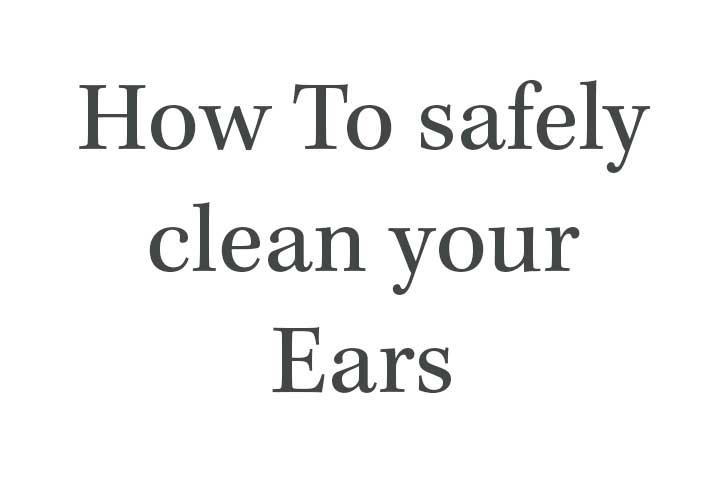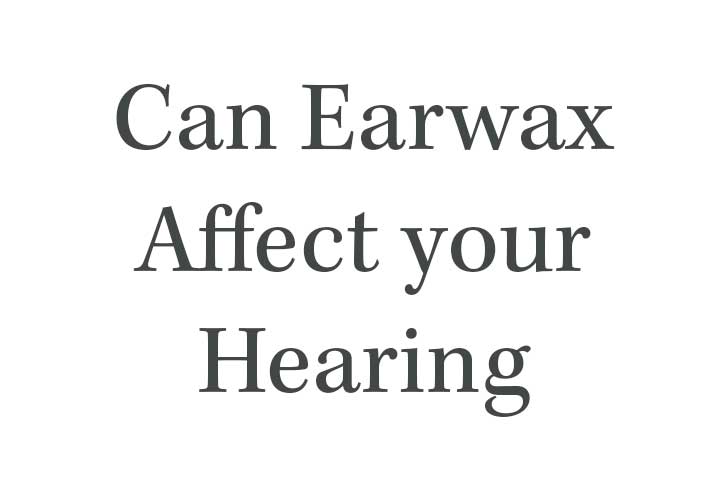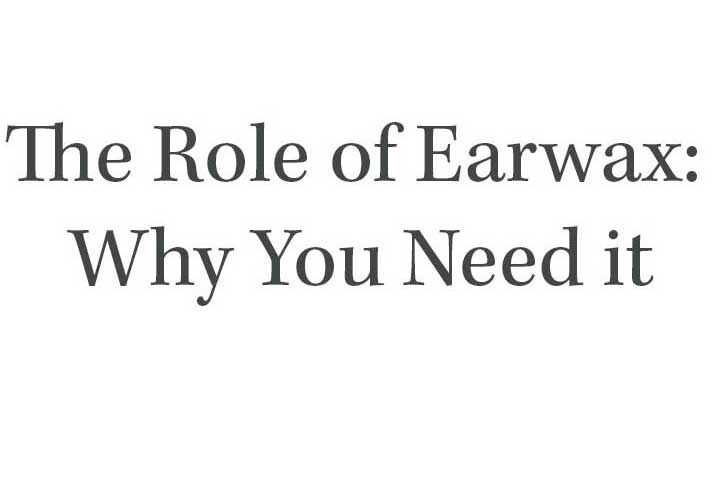How to Safely Clean Your Ears
Introduction
When it comes to ear hygiene, there’s a common misconception that the more we clean our ears, the healthier they’ll be. While earwax does need to be managed, cleaning your ears the wrong way can actually cause more harm than good. The ear canal is delicate, and improper cleaning practices can lead to infections, hearing loss, or damage to the eardrum. In this article, we’ll explain the safest ways to clean your ears and when it’s best to leave the job to a professional.
Why Earwax Shouldn’t Be Over-Cleaned
Earwax, or cerumen, is often mistakenly thought of as a sign of poor hygiene. However, earwax is a natural substance with important functions, such as:
- Protection: It acts as a barrier, trapping dust, dirt, and other foreign particles that could damage the ear canal.
- Lubrication: It keeps the ear canal moist, preventing dryness and itching.
- Antibacterial Properties: Earwax has antimicrobial qualities that help protect the ear from infections.
Under normal conditions, earwax should move out of the ear canal naturally, aided by movements like chewing or talking. Excessive cleaning or attempting to remove too much wax can disrupt this natural process.
What NOT to Do When Cleaning Your Ears
- Avoid Using Cotton Buds:
Cotton buds are often used to clean the ear canal, but they can do more harm than good. Instead of removing earwax, cotton buds can push it deeper into the ear canal, leading to compaction, blockages, or even damage to the eardrum. - Don’t Insert Objects into Your Ear Canal:
Objects like hairpins, keys, or other pointed items may seem like a quick fix, but they can cause serious damage to the ear canal or eardrum. Inserting anything into the ear canal increases the risk of puncturing the eardrum or causing infections. - Avoid Using Ear Candles:
Ear candles, often marketed as a natural solution for earwax removal, are not only ineffective but also dangerous. They can cause burns, blockages, or injury to the ear canal. Medical professionals do not recommend using ear candles. - Don’t Over-Clean the Outer Ear:
While it’s okay to clean the outer ear with a damp cloth, avoid inserting it into the ear canal. The outer ear should be cleaned gently without disturbing the delicate inner structures.
Safe Methods for Cleaning Your Ears
- Let Your Ears Self-Clean:
The most important thing to remember is that your ears are self-cleaning. In most cases, earwax moves naturally to the outer ear, where it can be wiped away with a soft cloth. There’s no need to interfere with the natural process unless there is excessive buildup or other symptoms. - Use Ear Drops for Excessive Wax:
If you suspect that earwax is building up and you’re experiencing symptoms such as muffled hearing, discomfort, or a feeling of fullness, over-the-counter ear drops may help. These drops soften the wax, making it easier to expel naturally. Follow the instructions on the packaging, and avoid overusing the drops. - Seek Professional Help for Wax Removal:
If you’re dealing with impacted earwax or are unsure how to clean your ears safely, consulting a professional audiologist is the best course of action. An audiologist can use methods like micro-suction or irrigation to gently and effectively remove excess wax without harming your ear canal. These methods are much safer than attempting to remove wax at home. - Use a Damp Cloth for the Outer Ear:
To clean the outer ear, simply use a damp cloth or tissue to wipe away any visible wax. Avoid inserting anything into the ear canal itself. Gently wiping around the ear and along the outer part of the ear canal is sufficient.
Signs You Need to Consult an Audiologist
Even though cleaning your ears at home is generally safe, there are times when it’s important to seek professional help. You should schedule an appointment with an audiologist if you experience:
- Pain or Discomfort: Persistent pain in the ear could indicate an infection or injury.
- Fullness or Blockage: A feeling of fullness or blockage in the ear might be caused by earwax buildup or other issues that require medical attention.
- Hearing Loss: Difficulty hearing, muffled sounds, or a decrease in hearing acuity may be a sign that earwax is blocking the ear canal or that there is an underlying issue.
- Tinnitus (Ringing in the Ears): Persistent ringing or buzzing in the ears may be a sign of impacted earwax or other ear conditions.
Preventive Care and Tips
- Avoid Frequent Cleaning: Over-cleaning can irritate the ear canal and lead to problems like dry skin or infection. Only clean your ears when necessary, and always use gentle methods.
- Protect Your Ears from Noise: Prolonged exposure to loud noises can lead to hearing damage. If you’re in a noisy environment, consider using earplugs or earmuffs.
- Stay Hydrated: Dehydration can affect the production and consistency of earwax. Make sure to drink plenty of water to keep your earwax at the right consistency for natural movement.
Conclusion
Cleaning your ears may seem like an important part of personal hygiene, but it’s essential to do it safely to avoid complications. The best practice is to let your ears clean themselves and seek professional help when you notice any problems. Remember that over-cleaning or using inappropriate methods can cause long-term damage to your ears. If you suspect earwax buildup or other ear concerns, don’t hesitate to visit an audiologist for safe and effective treatment.




